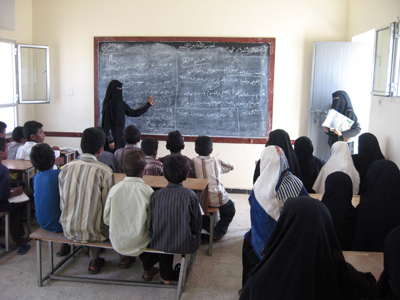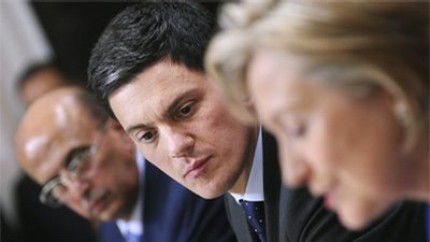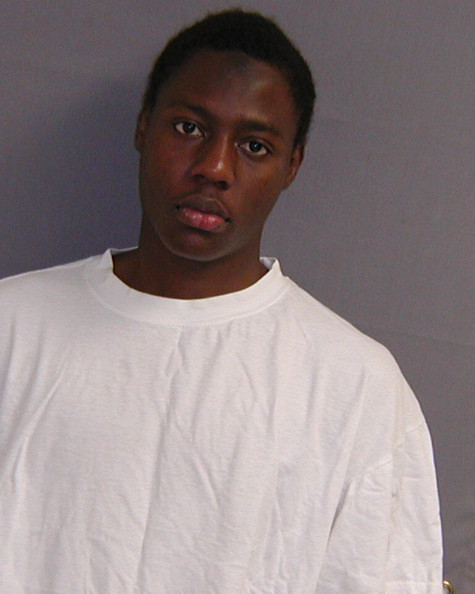
In my interview with one of Furman University’s most well versed political science majors, Ian McClure, I learned the history behind U.S. relations with Yemen and his opinions on what the U.S. strategy should be to combat the terrorism threat of Al-Qaida.
Ian explained “that U.S relations with Yemen began in the 1950’s and 1960’s when the U.S. aided in the Saudi involvement in the Yemeni civil war between the loyalist faction that supported the king and the Marxist guerrillas in the south where the Al-Qaida group is currently located.”
Ironically, as of Friday, the Washington Post and Reuters wrote that Ali Abdullah Saleh, Yemen’s president, has announced that Yemen’s war with northern Shi’ite rebels has ended.
Ian is very adamant that the main obstacle to U.S. involvement in Yemen is the dwindling economic state. According to Ian, “what we [the U.S.] really need to do to combat Al-Qaida in Yemen right now instead of giving them military aid, is we need to be pumping them up economically and financially to the point where they can sustain economic development.”
“Through giving these people a stake we can combat Al-Qaida because one of the main tools they are using is offering economic incentive for people to join their cause, so its not only a cultural connection to Al-Qaida, but a financial connection as well.”
Hopefully, the U.S. government will have innovative strategies like Ian when it comes to fighting the terrorism threat of Al-Qaida. In my next post, we will hear from randomly selected students and a Furman professor on their opinions of U.S. relations with Yemen.
Hear more from Furman University’s senior political science major, Ian McClure.
Glance at how Yemen has hit a local nerve.



